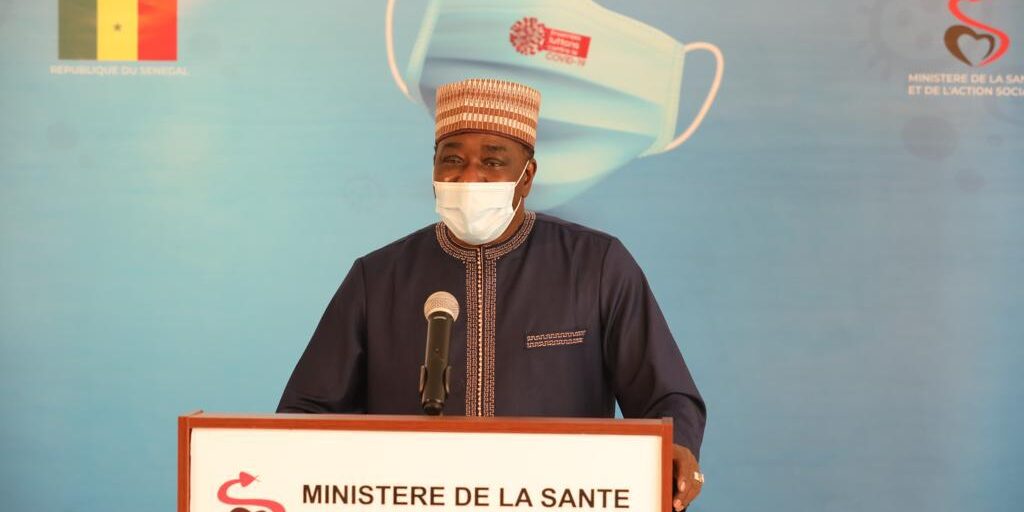Mutations are part of the normal functioning of viruses. Their survival depends on these mutations, which allow them to adapt to their environment, in the different hosts they infect.
At the end of 2020, a spread of a particularly contagious variants of the coronavirus (SARS-CoV-2) was observed.
The World Health Organization (WHO) stressed the following issues:
- The British variant is now found in 70 countries and territories as of January 25th, 10 more than on January 19th .
- The South African variant which, like the British, is much more contagious than the original SARS-CoV-2 virus, keeps spreading and is now present in 31 countries and territories, in 8 more than countries.
- The Brazilian variant has been reported in six new countries, bringing the total number to 8.
To have a net idea on this new strain, IRESSEF and its partner “MRC Unit the Gambia at LSHTM” undertook a sequencing of samples from the second wave seen in Senegal by Whole Genome sequencing then carried out the genotyping using the next generation sequencing (NGS)method.
The outcome of this sequencing confirmed the presence of a British SARS CoV-2 variant in these samples.
The fact that these variants are transmitted more quickly could explain the speedy spread of the disease in some countries.
It is therefore necessary to apply strict individual and collective prevention measures.
Professor Souleymane MBOUP
President of IRESSEF

